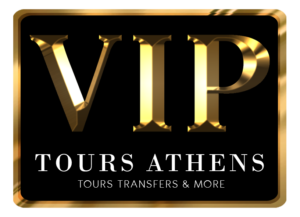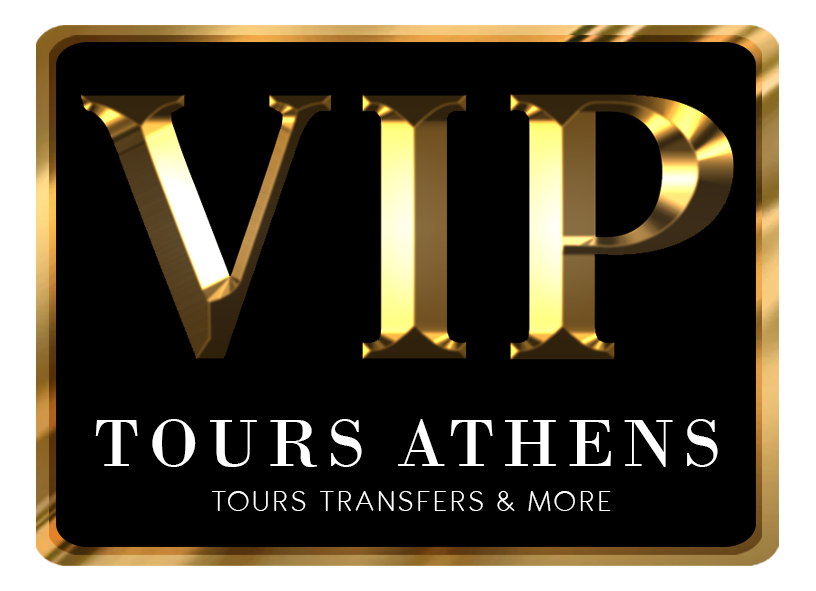Delphi & Olympia Tour 2 Days
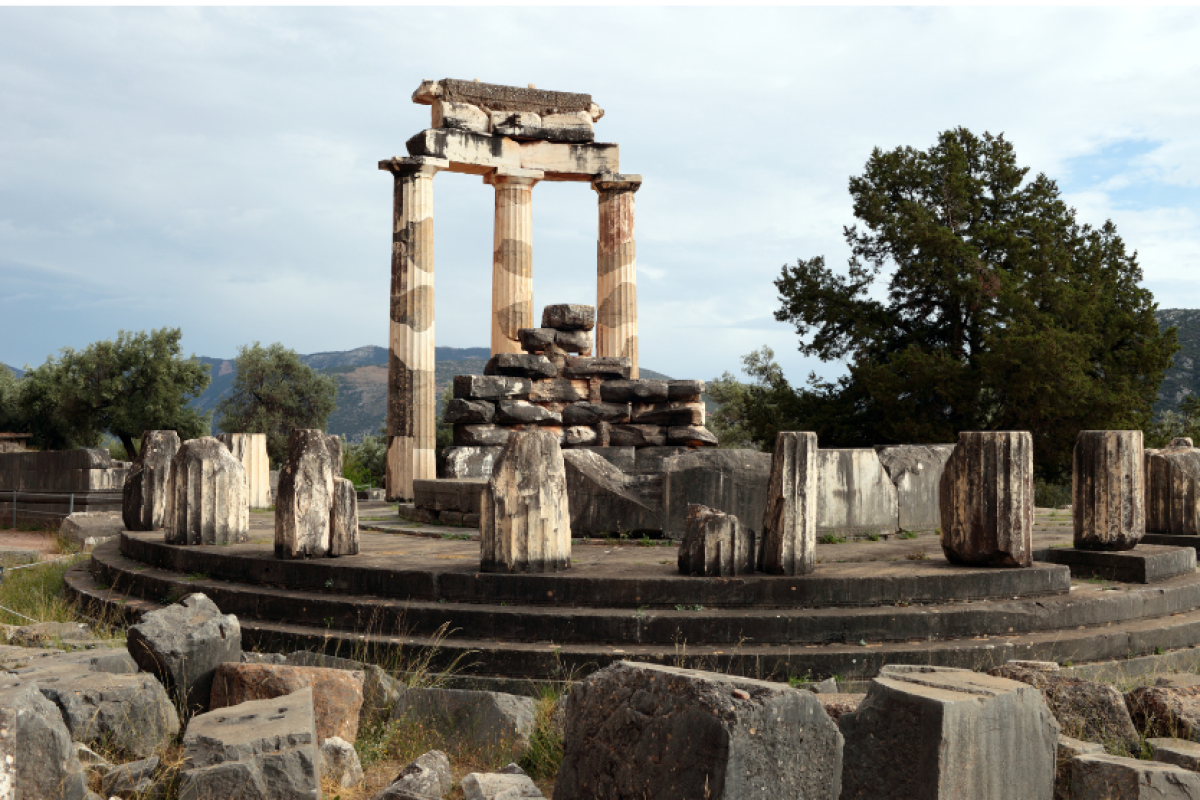
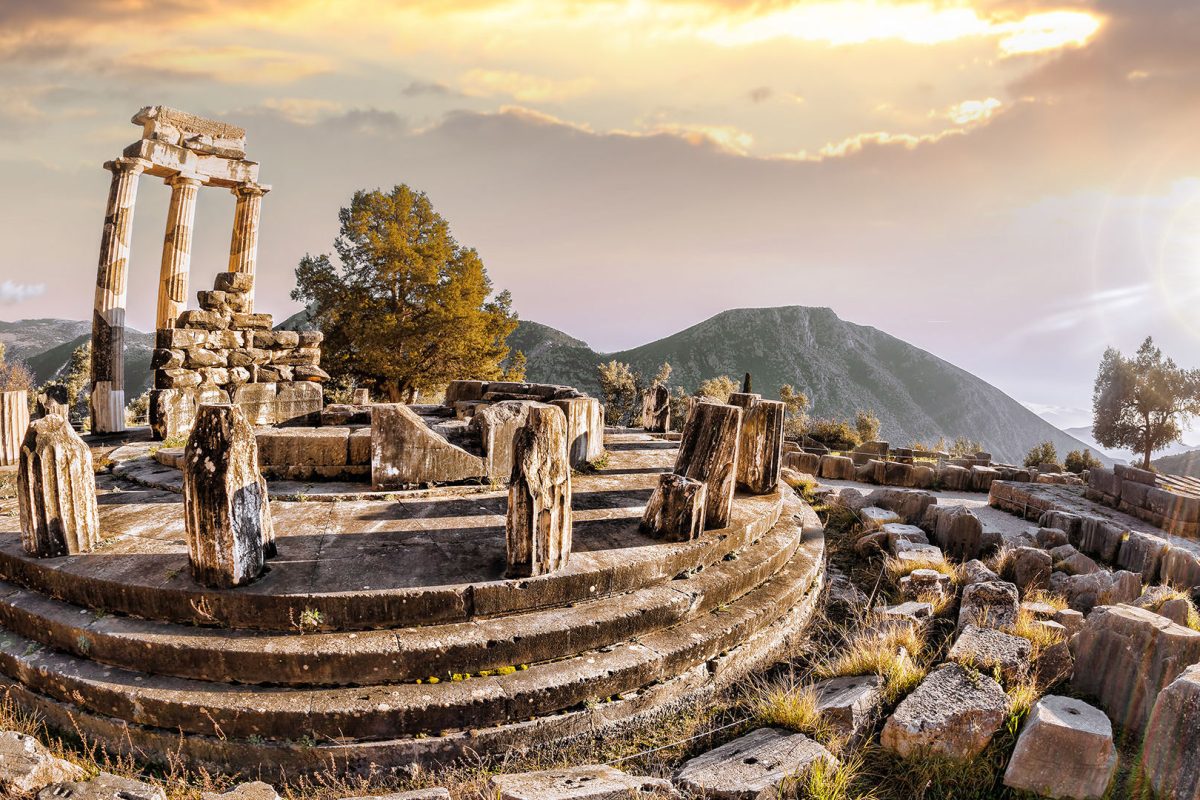
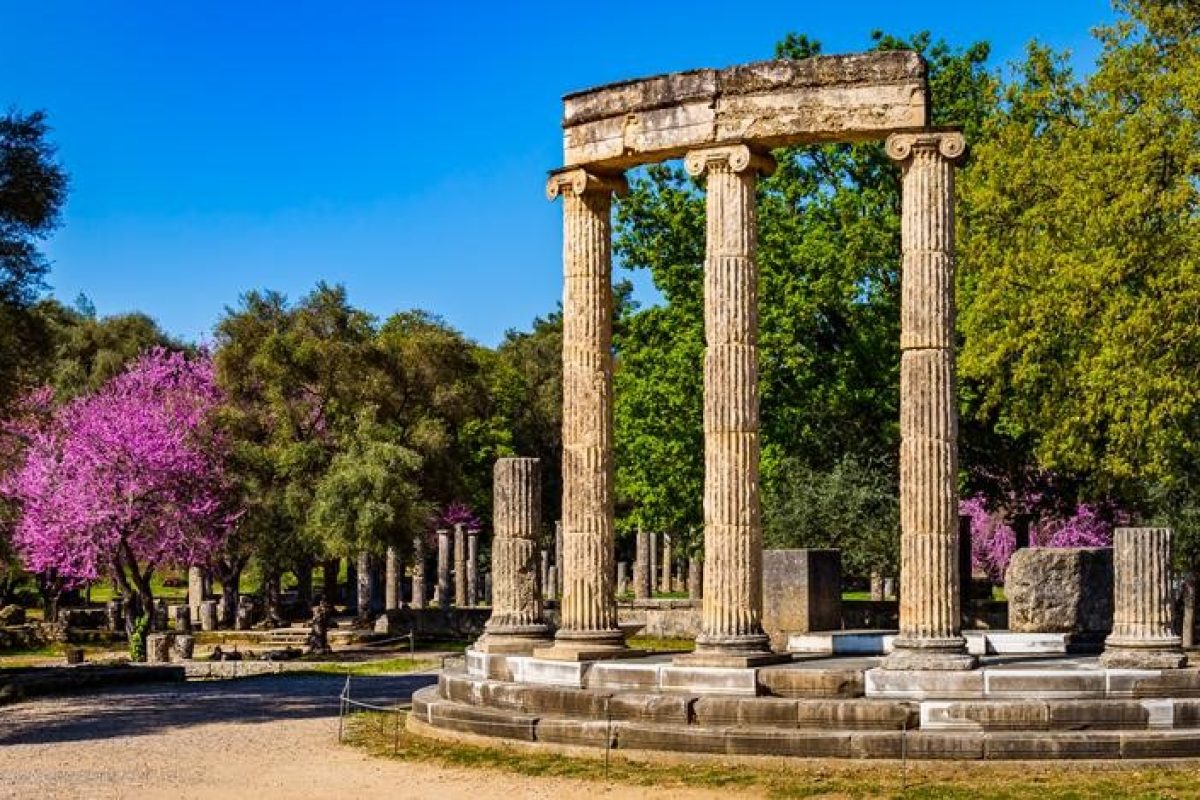
Select Date and Travelers
- 2 Days
- English Speaking Driver
- 24/7 Service
- Licensed Tour Guide (EXTRA COST)
Overview
Embark on a captivating three-day journey through ancient Greece, exploring the mystical sanctuary of Delphi and the birthplace of the Olympic Games in Olympia. Immerse yourself in the rich tapestry of Greek history, mythology, and athletic prowess as you visit archaeological wonders and cultural gems.
Day 1: Delphi – The Oracle’s Sanctuary:
- Departure from Athens:
- Your adventure begins with a scenic drive from Athens to Delphi, setting the stage for an exploration of profound historical significance.
- Archaeological Site of Delphi:
- Explore the UNESCO World Heritage Site, including the Temple of Apollo, ancient theater, and the Athenian Treasury. Unravel the mysteries of the Oracle and the Pythian Games.
- Delphi Museum:
- Immerse yourself in the treasures of the Delphi Museum, featuring artifacts such as the Charioteer of Delphi.
- Lunch in Delphi:
- Indulge in a leisurely lunch, savoring local cuisine amidst the breathtaking landscapes.
- Overnight Stay in Olympia:
- Retire for the night, surrounded by the echoes of ancient glory.
Day 2: Journey to Olympia
- Ancient Stadium of Olympia:
- Begin the day with a visit to the Ancient Stadium, where athletes once competed in the original Olympic Games.
- Workshop of Pheidias:
- Explore the Workshop of Pheidias, the sculptor behind the colossal statue of Zeus.
- Olympia Archaeological Museum:
- Conclude your tour at the Olympia Archaeological Museum, delving deeper into the history of Olympic ideals.
- Lunch in Olympia:
- Savor a final lunch in Olympia, celebrating the end of your journey with a culinary experience.
- Return to Athens:
- Bid farewell to Olympia and embark on a comfortable return journey to Athens, reflecting on the wonders of Delphi and Olympia.
Additional Considerations:
- Itinerary subject to customization based on preferences and time constraints.
- Entrance fees to archaeological sites and additional attractions not included.
- Opt for a licensed tour guide at an extra cost for a more in-depth historical experience.
After your stop. Our driver leads you to Olympia, you will wonder around the place that the first Olympic Games were taking place at first as a religious celebration and then till today as a celebration of the human body and spirit. Among the various buildings you will see the temple of Zeus where his famous statue was standing and the stadium of the Olympic Games that could fit 45.000 people along with the buildings where the athletes were staying and practicing. The museum is full of treasures ready for you to enjoy them to the fullest.
You will spend the night at Olympia village (next to archaeological site).
Day 2:
The morning, our drive will lead you to Delphi.
You will have a rest stop at Nafpaktos village.
It is named for Naupaktos, an important Athenian naval station in the Peloponnesian war. As a strategically crucial possession controlling access to the Gulf of Corinth, Naupaktos changed hands many times during the Crusades and the Ottoman–Venetian Wars. It was under Venetian control in the 15th century, and came to be known by the Venetian form of its name, Lepanto.
Our next destination is Delphi archaeological site.
Occupation of the site at Delphi can be traced back to the Neolithic period with extensive occupation and use beginning in the Mycenaean period (1600–1100 BC). In Mycenaean times Krissa was a major Greek land and sea power, perhaps one of the first in Greece, if the Early Helladic date of Kirra is to be believed. The ancient sources indicate that the previous name of the Gulf of Corinth was the “Krisaean Gulf.”
Delphi in legend previously called Pytho, in ancient times was a sacred precinct that served as the seat of Pythia, the major oracle who was consulted about important decisions throughout the ancient classical world. The oracle had origins in prehistory and it became international in character and also fostered sentiments of Greek nationality, even though the nation of Greece was centuries away from realization. The ancient Greeks considered the center of the world to be in Delphi, marked by the stone monument known as the omphalos (navel).
The reconstructed Treasury of the Athenians, built to commemorate their victory at the Battle of Marathon
The Siphnian Treasury was dedicated by the city of Siphnos, whose citizens gave a tithe of the yield from their silver mines until the mines came to an abrupt end when the sea flooded the workings.
One of the largest of the treasuries was that of Argos. Having built it in the late classical period, the Argives took great pride in establishing their place at Delphi amongst the other city-states. Completed in 380 BC.
The theatre at Delphi
The ancient theatre at Delphi was built farther up the hill from the Temple of Apollo giving spectators a view of the entire sanctuary and the valley below. It was originally built in the fourth century BC, but was remodeled on several occasions, particularly in 160/159 B.C
Castalian Spring
The sacred spring of Delphi lies in the ravine of the Phaedriades. The preserved remains of two monumental fountains that received the water from the spring date to the Archaic period and the Roman, with the latter cut into the rock.
Zeus, a Classical deity, reportedly determined the site of Delphi when he sought to find the centre of his “Grandmother Earth” (Gaia). He sent two eagles flying from the eastern and western extremities, and the path of the eagles crossed over Delphi where the omphalos, or navel of Gaia was found.
The Delphi Archaeological Museum is at the foot of the main archaeological complex, on the east side of the village, and on the north side of the main road. The museum houses artifacts associated with ancient Delphi, including the earliest known notation of a melody, the Charioteer of Delphi, Kleobis and Biton, golden treasures discovered beneath the Sacred Way, the Sphinx of Naxos, and fragments of reliefs from the Siphnian Treasury. Immediately adjacent to the exit is the inscription that mentions the Roman proconsul Gallio.
Entries to the museum and to the main complex are separate and chargeable. A reduced rate ticket gets entry to both. There is a small cafe, and a post office by the museum.
After your lunch we will head back to Athens.
Additional Info
- Itinerary subject to customization based on preferences and time constraints.
- Entrance fees to archaeological sites and additional attractions not included.
- Opt for a licensed tour guide at an extra cost for a more in-depth historical experience.
Embark on this three-day odyssey through Delphi and Olympia, curated by VIP Tours Athens. Secure your spot for a remarkable journey blending myth, history, and the spirit of the Olympic Games.
Cancellation Policy
- Enjoy flexibility with our cancellation policy, offering a full refund up to 24 hours in advance.
- Changes made within 24 hours of the experience are not accepted.
FAQs
While drivers provide historical insights, they do not accompany visitors inside archaeological sites. Consider booking a licensed guide for comprehensive exploration.
Embark on a fascinating journey through Nafplion, Corinth, and Mycenae. Book your full-day tour with VIP Tours Athens for an enriching exploration of ancient wonders.
Check out Our Tours
Remember, you can always create a custom tour that best fits your needs.
